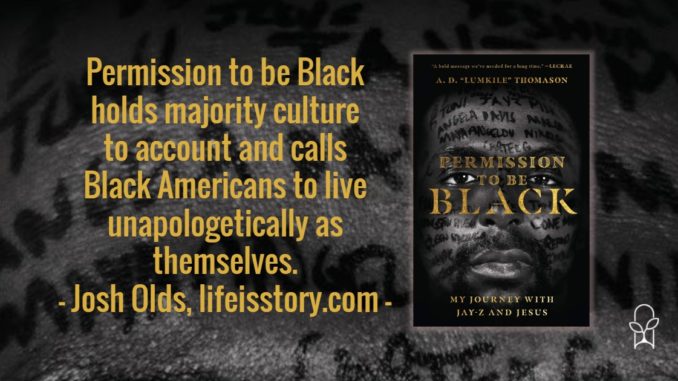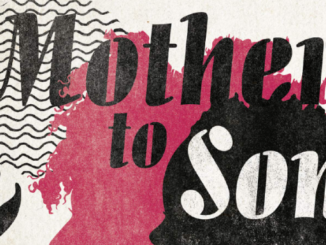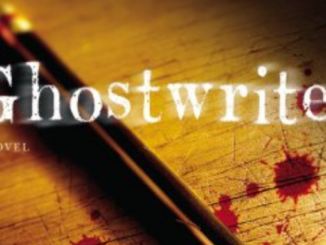
Published by IVP on February 23, 2021
Genres: Non-Fiction, Christian Life, Racial Reconciliation
Buy on Amazon
Goodreads

Embracing your Christian identity does not make you soft. Embracing your Black identity does not make you less Christian. Throughout American history, Black people were not given the freedom to acknowledge their suffering. A. D. Thomason believes that the Holy Spirit brings freedom and liberation as we're able to name our pain, recognize its roots in history and society, and seek healing. While many saw a confident, six-foot-five Black man, A. D. Lumkile Thomason lived most of his life in fear and anguish, deeply wounded by encounters with violence, abandonment, and family tragedy. Hiding behind a tough exterior, Adam earned his Black card but felt joyless inside. Even traveling around the globe to play professional basketball could not resolve his despair. But in the art of Jay-Z, A. D. discovered stirring honesty that gave voice to his own expressions of longing. And in the gospel of Jesus, he experienced the healing and salvation that had long evaded him. Now through what he calls kingdom therapy, he's figuring out how to redefine the Jay-Z and Jesus that make up his blackness. A. D. uses his artistry as a poet and storyteller to share how he confessed his internalized pain and embraced the liberating joy of Christ. He writes for millennials, emerging adults, and anyone else who's ready to acknowledge the reality of racial trauma and our need to confront it. A. D.'s powerful story gives you permission to be Black, to be Christian, and to be the person God has made you to be.
Permission to be Black wasn’t written for me, but I learned from it. Writing to Black Americans, A.D. Thomason encourages them to tear off their task, do the hard work of processing their generational trauma, and live boldly and unapologetically Black. Thomason’s premise begins like this: For generations, majority culture has prevented Black Americans from fully embracing their identity and accepting their culture. To be Black was to be a threat, so Black Americans either embraced how majority culture perceived them or adapted to placate the culture around them. The end result is that Black Americans have internalized their pain, refused to show any signs of “weakness,” and been left less than whole.
The first few chapters of Permission to be Black talks about the generational trauma of slavery. Even though that is “in the past,” that inequity and trauma still have not been righted—from Jim Crow laws to police brutality and on. Cheat code #1 that Thomason gives is to simply acknowledge how present life has been affected by the past. Pretending things are okay does not solve those things, nor does it provide healing.
In the middle to end of the book, Thomason applies this to the Christian faith. On the back cover, a blurb says “Embracing your Christian identity does not make you ‘soft.’ Embracing your Black identity does not make you less Christian.” Because Christianity in the United States has often been controlled by European culture, there can be the perception that Christianity and Blackness are at odds. Even looking at modern culture where the most influential critics of Black Lives Matter are evangelical Christians, one can easily see that an expression of cultural Blackness and an expression of Christian faith may not be easily compatible. Thomason helps readers see a path beyond white cultural evangelicalism to the brown-skinned Jesus born to an oppressed people group.
In the end, Permission to be Black preaches the message that you don’t need permission. You are allowed to be who you are in all its fulness. Now, there may be pushback against that. It may not lead to what the world defines as success. But mental wholeness and an understanding of one’s own identity is worth any struggle against majority culture.
As a white man, this book wasn’t for me. But I have a Black son, a son whose Blackness is already threatened simply by having white parents. As his dad, I’m committed to helping my son know his past, know his identity, and understand his culture. Permission to be Black helped me do that. As an outsider looking in, I’m not qualified to offer critiques. It’s simply refreshing to see that there are those in the Black community ready to break off their mental chains, hold majority culture to account, and live unapologetically as themselves.



